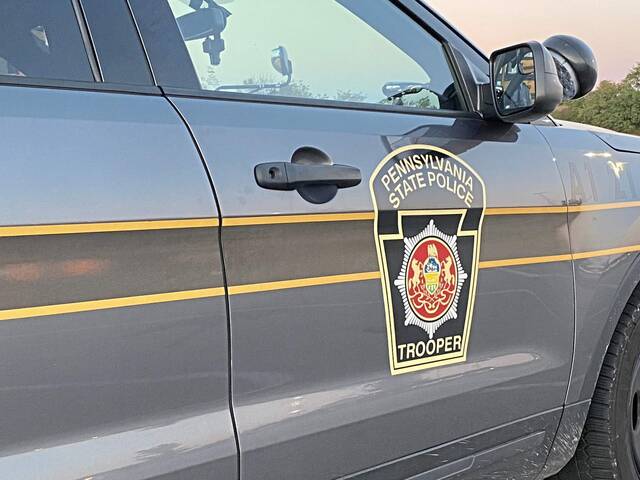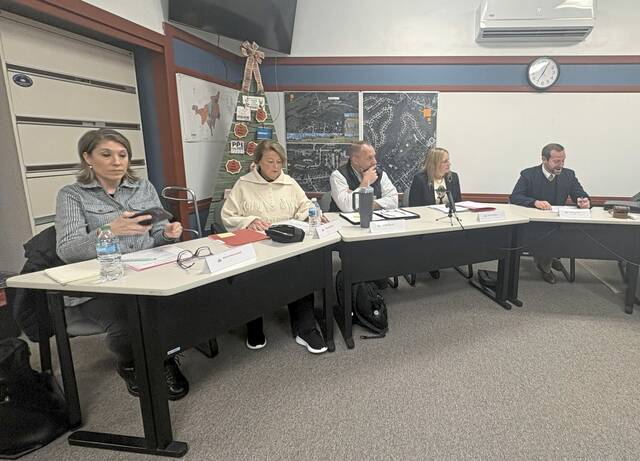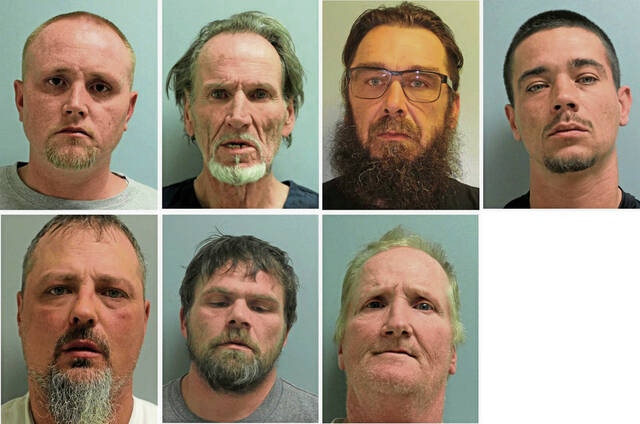A policy adopted last summer by Westmoreland County commissioners to implement GPS tracking on all county vehicles is executive overreach and a safety risk to law enforcement personnel, lawyers argued in court on Wednesday.
Implementation of the policy was put on hold last fall after Sheriff James Albert filed a lawsuit in county court. In the suit, he is seeking to exempt his office from the oversight, claiming it supersedes the power given to him by the state Constitution and voters.
Marco Sylvania, the solicitor for the sheriff’s office, argued before Common Pleas Court Judge Harry Smail Jr. that there is enough information on hand for the judge to invalidate the ordinance, saying its provisions and implementation would violate the state Constitution, which gives the elected sheriff sole supervisory duties for his office.
“It’s up to the sheriff to answer to the people,” Sylvania said.
Commissioners last June enacted the sweeping update to the county policy governing how its fleet of about 190 vehicles are operated and controlled throughout all departments, including the sheriff’s office. Commissioners said the real-time GPS tracking, monitored by the fleet manager in the public works department, is necessary to ensure vehicles are properly used and maintained.
Sylvania argued that the policy would improperly give commissioners the ability to discipline Albert’s staff. He claimed commissioners have a duty to allocate financial resources to an elected official, and if those resources are not used in the correct way, it is up to voters to determine an office-holder’s future.
Attorney Thomas W. King, on behalf of the Pennsylvania Sheriff’s Association representing elected sheriffs in all 67 counties, argued that the proposed vehicle tracking could put deputies — who are charged with transporting jail inmates, serving warrants and performing other law enforcement activities — at risk should location data be released to the public.
“This policy is misguided,” King said. “There is just nothing in the (county code) that permits this.”
Throughout the hearing, Smail at times appeared receptive the sheriff’s arguments and at one point suggested an interpretation of the county code only authorizes commissioners to provide the financial means for other elected officials to manage and supervise their offices.
The judge acknowledged his ruling could impact how elected officials operate both in the county and throughout the state.
Chris Nichols, an assistant county solicitor, did not argue the merits of the vehicle policy, only that it was premature for the judge to render a ruling on Albert’s lawsuit. Nichols said there remains disputed facts about how the policy would be implemented and the impact it would have throughout the government and in the sheriff’s office.
Nichols suggested vehicle tracking could be done internally by the sheriff while retaining financial responsibility over county taxpayer assets.
“We don’t think the policy infringes on (elected officials’) rights. This goes beyond the legal document and we asked a jury to be the fact-finder,” Nichols argued.
Smail deferred making a ruling in the case and allowed the lawyers to submit additional written arguments in the next 20 days.








